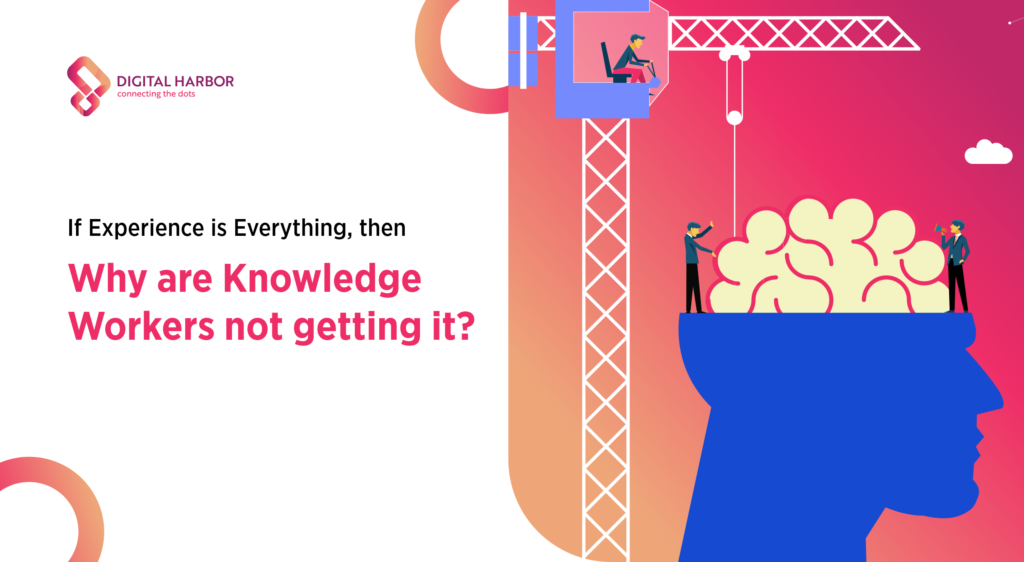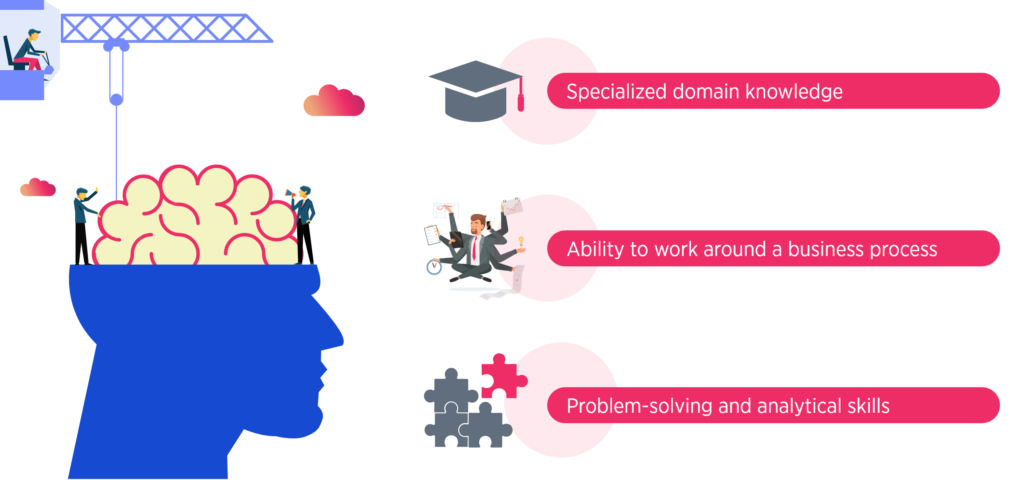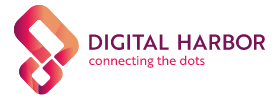Who are Knowledge Workers and Why UX is often Ignored for Them?

Knowledge Worker is a new-age word used for the white-collar professionals who work on machines and perform administrative, clerical and intellectual tasks. These knowledge workers are high-level professionals who use theoretical and analytical knowledge and go through formal training to develop products and services. Today, the position of knowledge workers is at a very valuable level as they have a lot to offer to the business world.
Knowledge workers are the professionals found in the IT (Information Technology) sector and other roles including Analysts, Technical Writers, Pharmacists, Public Accountants, Architects, Lawyers, Physicians, Scientists and Designers.
In general, knowledge workers should possess skills that revolve around managing knowledge and its execution:

Domain knowledge: The knowledge workers must hold professional training to master the knowledge they need for their specialized roles. For instance, a sales manager should be equipped to identify the target audience, understand the customer’s choices, and hold in-depth knowledge about the product that must be sold.
Ability to work around a business process: The knowledge workers should have the ability to identify the relevant information and use it for their roles. They must have a sharp eye to understand the information that will help them solve problems, build ideas and take their role ahead. These individuals must have a skill of analytical reasoning, judgment and decision–making to mark productive work results.
Problem-solving and analytical skills: The knowledge workers must have the skills to identify the problems and come up with solutions to overcome the challenges. They have to make decisions based on the knowledge available to ensure effective and satisfactory results.
How Has the Role of Knowledge Workers Evolved in the Digital World?
As the 21st century is dominated by digitalization, knowledge workers too are experiencing a shift in their role in terms of importance, relevance and requirements. Now, the knowledge workers are required to do more jobs that need “critical thinking” than simply arranging the data and taking minor decisions. The focus is more on intellectual activities, such as:
- Adopting latest technologies that can maximize their productivity.
- Strategizing the tasks and work schedules to meet deadlines and achieve set goals.
- Delegating and tracking tasks of other team members to ensure they provide work on time.
- Practicing high-attention research on the market activities, customer demands and future expectations for their products.
- Tracking transactions through stored data than going through the piles of folders.
- Brainstorming with teams to solve problems and make decisions necessary to attain the goals.
- Determining market trends by using analytics and tools.
Why do Humans Face a Gap in User Experience as Knowledge Workers but not as Consumers?
Delivering a great consumer experience has been a focus point while creating consumer apps. The consumer apps are far more user-centric and offer a seamless user experience.
What remains an unanswered question is, why are business apps so far behind the consumer apps when it comes to user experience? Knowledge workers use these business apps all day long; often to perform very complex tasks. They need apps which minimize the task complexity, not increase it with siloed and non-immersive experience. Why are knowledge workers expected to know everything and learn about the business apps while in the consumer world the user is handheld and guided at each step?
Consumer apps learn with users to make sure their experience is guided and immersive. However, there is a void in the enterprise apps that needs to be filled with personalized experiences. We witness that knowledge workers are deprived of apps and solutions that can make their work simpler, intelligently guided, and productive. This leads to loss of confidence and lack of motivation thereby, leading to mismatched expectations around the workplace.
Time is changing and both the worlds (business and consumer) are evolving. Therefore, technology is transforming from software-literate humans to human-literate software.
To fill in this gap, Digital Harbor is reimagining business apps to elevate the user experience in the enterprise world and transform the way knowledge workers perform. The intent is to position knowledge workers at the centre of the business processes while enabling an immersive experience. To achieve this ambitious goal, Digital Harbor is innovating solutions that cater to the unmet needs from the past 20 years to the future 20 years of knowledge workers, and beyond! We are innovating solutions that will make knowledge workers’ life more productive and transform their hectic work into interesting roles. As knowledge workers play an integral role in today’s digitalized era, it is time to pay attention to what they need as users and how we can build solutions that match their requirements in order to make the business world highly productive.
